WHO, 10 years promoting hand hygiene in hospitals

Seven out of a hundred hospitalized illnesses get an infection from the transmission of microorganisms, after the hospital staff touched them with their own hands. Although this number seems to us to be fearsome, things do not end there: the percentage of infected patients can reach 30% in the most critical patients in intensive care units.
For ten years, the World Health Organization (WHO) has been campaigning annually on this issue within the program Clean Care, Safer Care. The focus of the campaign is World Hand Hygiene Day, which is celebrated on 5 May. This year’s motto has been Save lives: clean your hands.
Coinciding with the tenth anniversary of the campaign, the WHO has recalled the ten main reasons for the importance of hand washing in the health field. Among them, it is worth noting that millions of lives have been saved through this simple gesture, which is a quality indicator that emphasizes the safety of health systems, that proper hand hygiene can prevent infections, and that the cost to prevent damage to the health of patients and health care workers is below ten dollars.
The political and social challenge
It is true that health problems, such as healthcare-related infections, known as the acronym ASLI, do not emerge as easily, but they do occur, and that is why the World Health Organization considers them as political and social challenges to be solved. However, unlike what can happen in other cases, it is not always a monetary issue, as the most efficient technologies are often very cheap, so the disinfectant solution with alcohol can prevent ASLI and at the same time millions of deaths each year. Even if it sounds like a lie, the cost of the bottle is only three dollars.
“Incorporating specific moments or moments of hand hygiene into the health professionals’ workflow makes it easy to do things properly every minute, every hour, every day,” according to the WHO. But along with this, infection prevention is one of the main sources of strength in health systems. Hand hygiene should always be the basis of all the interventions performed to the patient in the health area, whether the implantation of an invasive medical device – a step marker or implant in the ear –, the cleaning of a surgical wound or the action that seems as simple as the placement of an injection.
The campaign that the WHO has launched on hand hygiene is also spreading to social networks through the hashtag #handhygiene.
Bi erizainetatik batek lanean eraso sexistak jasaten dituela azalerazi du Erizainen Ordenak joan den urte bukaeran egin ikerketak. 21.000 erizainek ihardetsi dute, sektore pribatu, publiko eta liberaletik. Hauetan 2.500 gizonak dira.
These were my last words when we left, held hand in your deep breathing sleep. Your heart stayed forever without a special, simple, dignified pain. As you want and demand. How we want and respect.
Already a month before the arrival of winter, the last days of the longest night,... [+]









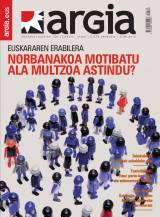

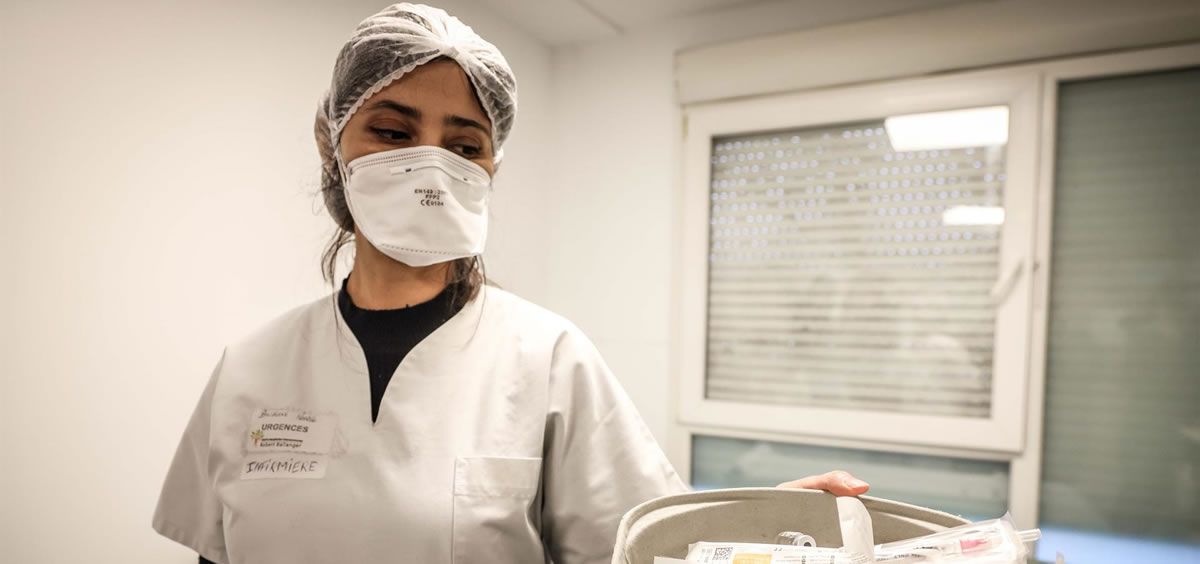


.jpg)
.jpg)
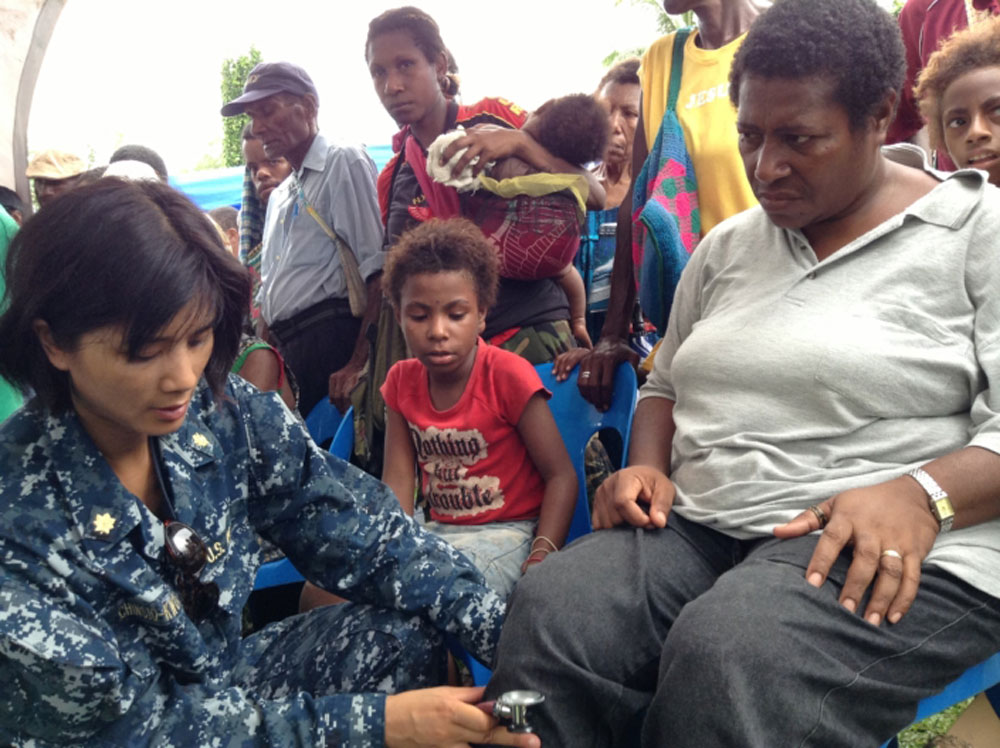

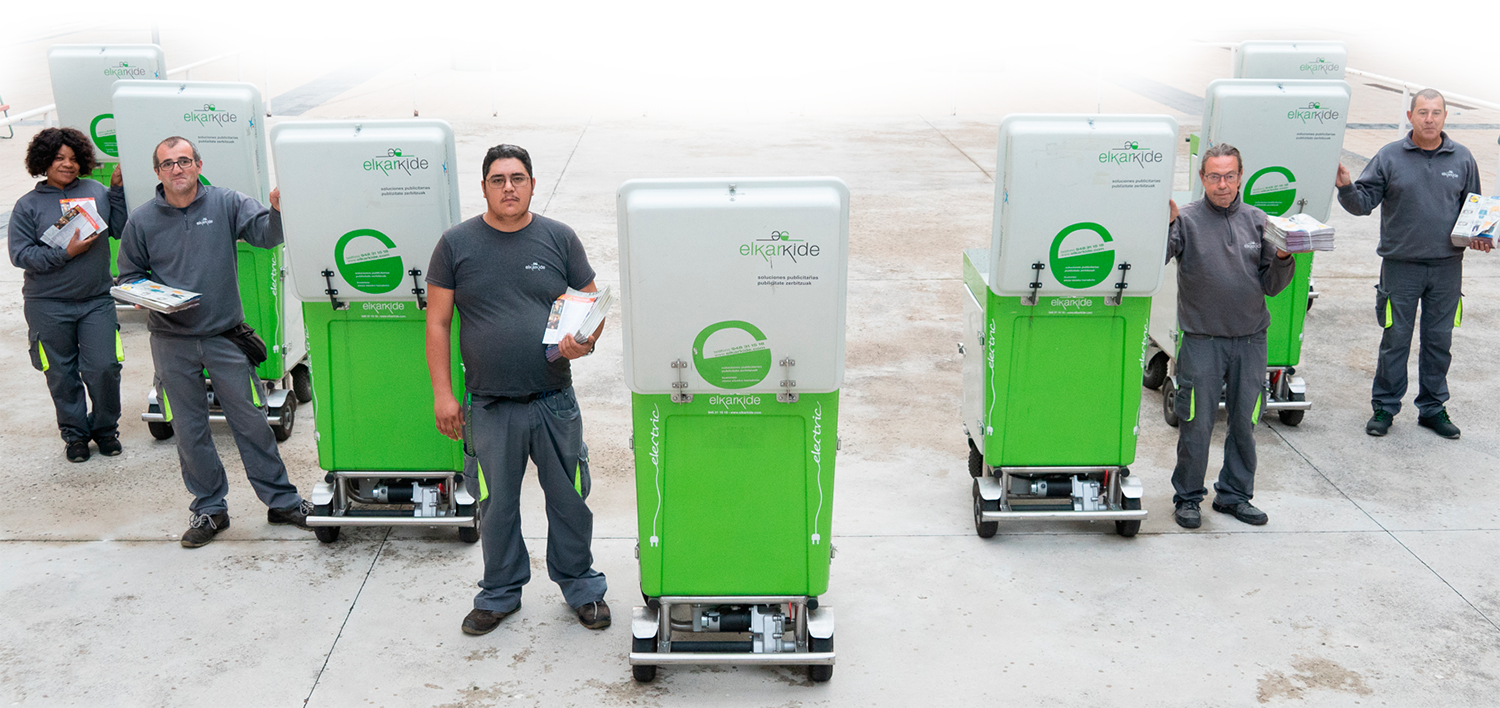

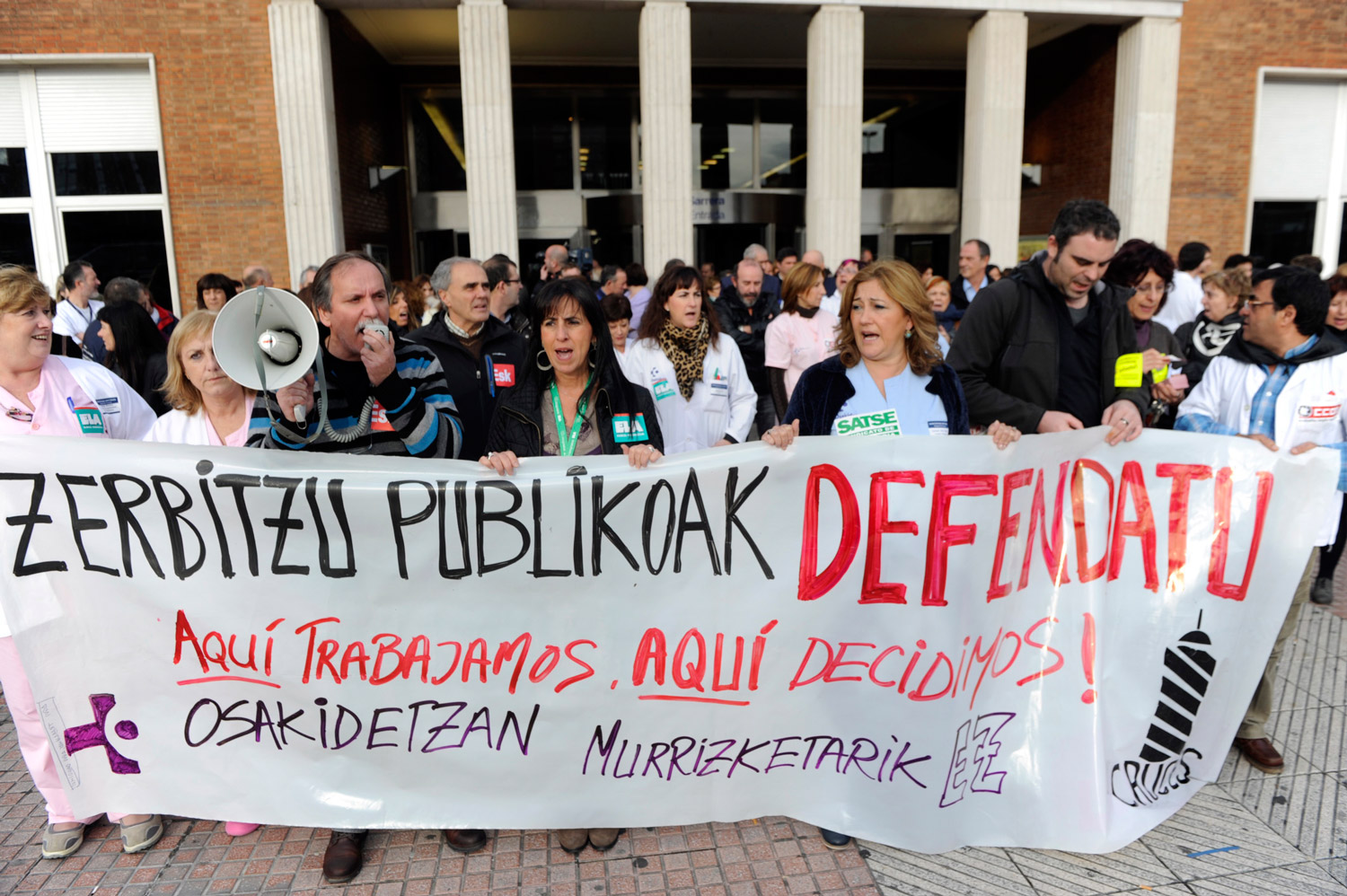
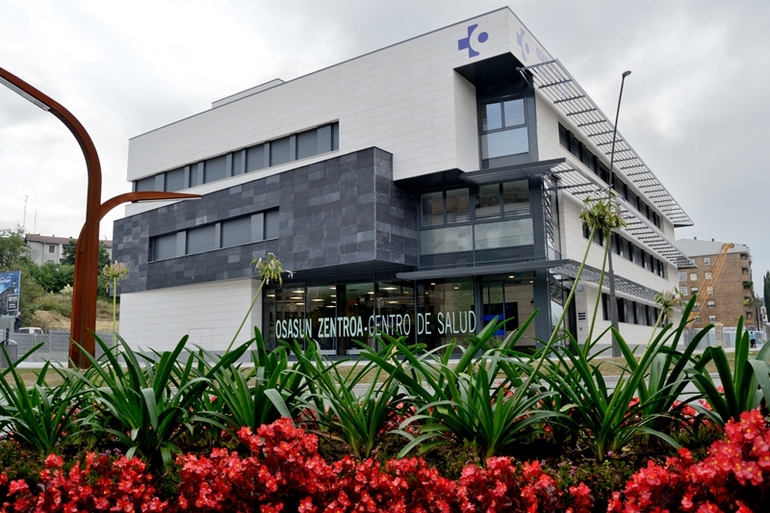
.jpg)
